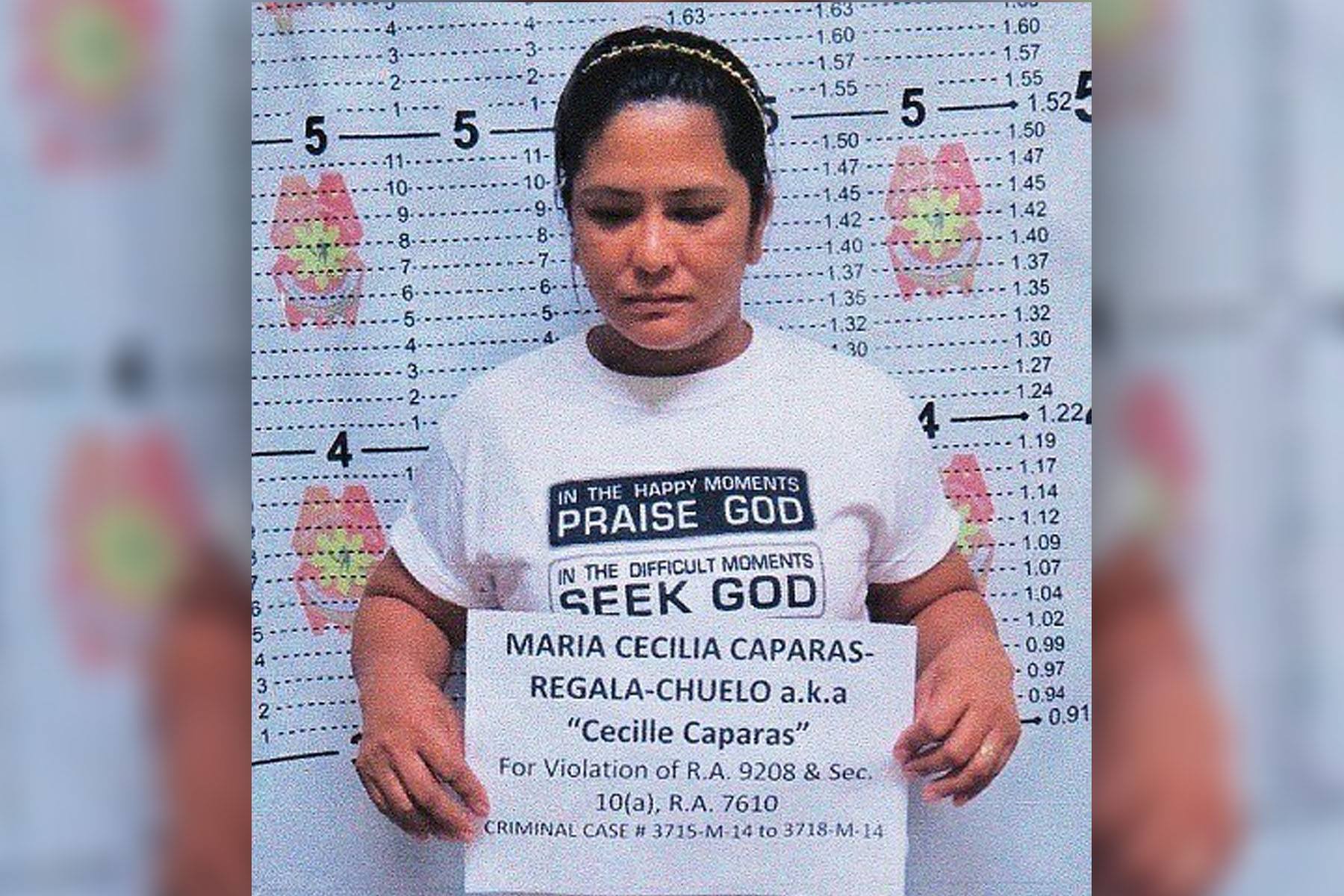By Rommel F. Lopez

Mugshot of Maria Caparas
“Nalagay ang Pilipinas sa malaking kahihiyan dahil sa kasong ito ni Caparas. Hindi na ito dapat pang maulit. Gawin natin ang lahat upang matiyak na ligtas ang paggamit ng Internet at social media,” Sen. Leila de Lima said in reaction a Channel News Asia (CNA) documentary series titled “The Dark Web,” featuring a Bulacan-based “sextortion” syndicate spearheaded by Maria Caparas.
The report detailed how Caparas’ syndicate operated by preying on foreigners, using fake social media accounts posing as women and even children below 12 years old.
In an interview with the South China Morning Post, Caparas revealed how they targeted men mostly in Hong Kong and Singapore, because their potential victims were in the same time zone and could usually communicate in English.
“We tease them to get them comfortable and we work to a prepared text. Some of the chatters can barely speak English and many are young gay men and transsexuals – but they only communicate by text and show pre-recorded video so the victim never knows. It only takes about 30 minutes of chat before they are persuaded to do things in front of camera. They nearly always pay up after we put the video on YouTube,” Caparas, who is now behind bars, told the paper.
One of their victims was 17-year-old Daniel Perry from Scotland. When Caparas’ gang continually asked for more money from Perry in exchange for deleting the videos, Perry refused and instead committed suicide by jumping off a bridge.
Caparas is tagged the “Sextortion Queen” for more or less inventing the scheme. Similar syndicates in the Africa were reported to have used the same strategy.
De Lima, who is in jail over what she has described as trumped-up drug trafficking charges initiated by the Duterte government, called on netizens to be vigilant and careful when using their social media accounts in order to not fall victim to the “sextortion syndicates.”
De Lima is set to refile the Online Child Safety bill in this 18th Congress. The bill will require commercial establishments and public institutions to use appropriate filtering devices and firewalls that will restrict children’s access to harmful materials, and penalize related prohibited acts.
“Dapat pagtulungang sugpuin ng mga kaukulang ahensiya ng pamahalaan ang mga sindikatong nasa likod nito upang mabura ang ganitong mga modus sa internet na nakapambiktima na ng maraming tao,” said de Lima, a former justice secretary.